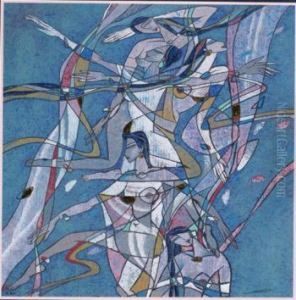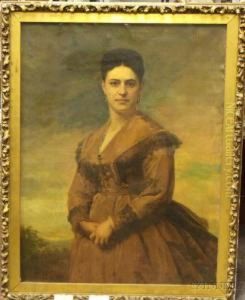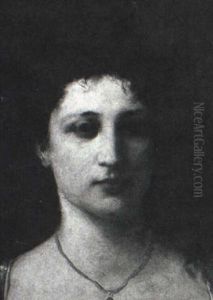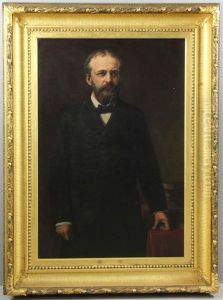James Harvey Young Paintings
James Harvey Young was not an artist in the traditional sense of the word, but rather a distinguished historian and professor who specialized in the history of medicine and health, particularly in the area of medical quackery and the regulation of drugs and cosmetics in the United States. He was born on October 14, 1915, in McLeansboro, Illinois, and his academic career spanned several decades throughout the 20th century.
Young earned his PhD from the University of Minnesota in 1941. Over the course of his career, Young became known for his scholarly work in the field of medical history. He joined the faculty at Emory University in Atlanta, Georgia, in 1941, where he spent the majority of his academic life. His work focused on the history of public health, medical fraud, and the efforts of the Food and Drug Administration (FDA) to protect consumers from dangerous and ineffective medical products.
One of Young's most notable contributions to the field was his book 'The Toadstool Millionaires: A Social History of Patent Medicines in America before Federal Regulation', which was published in 1961. The book provides an in-depth look at the patent medicine industry and the public's fascination with these often ineffective and sometimes dangerous remedies. His other influential work, 'The Medical Messiahs: A Social History of Health Quackery in Twentieth-Century America', published in 1967, examines the continuation of quackery in the age of more stringent regulation.
Throughout his career, Young's research shed light on the complexities of health fraud and the evolving efforts to control it, contributing significantly to the understanding of the social and regulatory aspects of medicine. He provided historical context to the ongoing struggle between consumer protection and the promotion of new and untested remedies—a topic that remains relevant today.
James Harvey Young's work extended beyond his writings; he was also a sought-after speaker and served as a consultant to various governmental and professional organizations. He became an emeritus professor at Emory University in 1984 but continued to be an active member of the academic community until his later years.
Young passed away on July 29, 2006, leaving behind a legacy as a pioneer in the field of medical history. His commitment to the study of medical quackery and public health regulation has made a lasting impact on the field, providing a foundation for future scholars and policy-makers to build upon.




